 Closing date: 16:00 on 4 April 2018
Closing date: 16:00 on 4 April 2018
NERC invites applications to join a scoping group that will develop the science case for a potential large strategic research programme on Earth system plastics.
The overarching aim is to provide an understanding of the pathways and fate of plastics in the environment.
Potential research questions include:
- What is the nature and scale of plastic sources to the Earth system?
- What are the main pathways of plastics across the Earth system? What are the potential stocks and flows of plastic between terrestrial, freshwater and marine systems? What are the key physical, chemical and ecological mechanisms that control fate, behaviour, concentration, decomposition, distribution, and transport over various time scales?
- Across their entire life-cycle, how are different types of plastics modified physically, chemically and biologically? What environmental processes promote their degradation or fragmentation? At what point, if any, do plastics no longer interact with the environment and cease to present a risk to the biosphere?
- At which points in the cycle might interventions be effective, and which interventions are most appropriate? How can science and industry collaborate to deliver some of these interventions? What is the environmental impact of plastic alternatives?
The SPA will support research on pathways and fate of a range of plastic types, shapes and sizes to gain a comprehensive picture of the behaviour of plastics in the environment to ensure that effective interventions are developed.
Applications are invited from individuals wishing to join the scoping group that will develop the science case for consideration by NERC.
Please click here for further details on the background, details of the scoping group meeting, and how to apply via their online registration form by 16:00 4 April 2018.
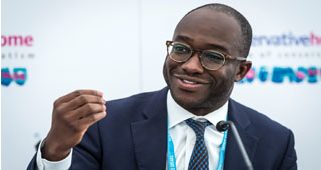 On Thursday BU will host Sam Gyimah, the Minister for Higher Education, Science, Research and Innovation, for a question and answer event. This is an amazing opportunity for students and staff to directly question the Minister on HE and wider political matters.
On Thursday BU will host Sam Gyimah, the Minister for Higher Education, Science, Research and Innovation, for a question and answer event. This is an amazing opportunity for students and staff to directly question the Minister on HE and wider political matters.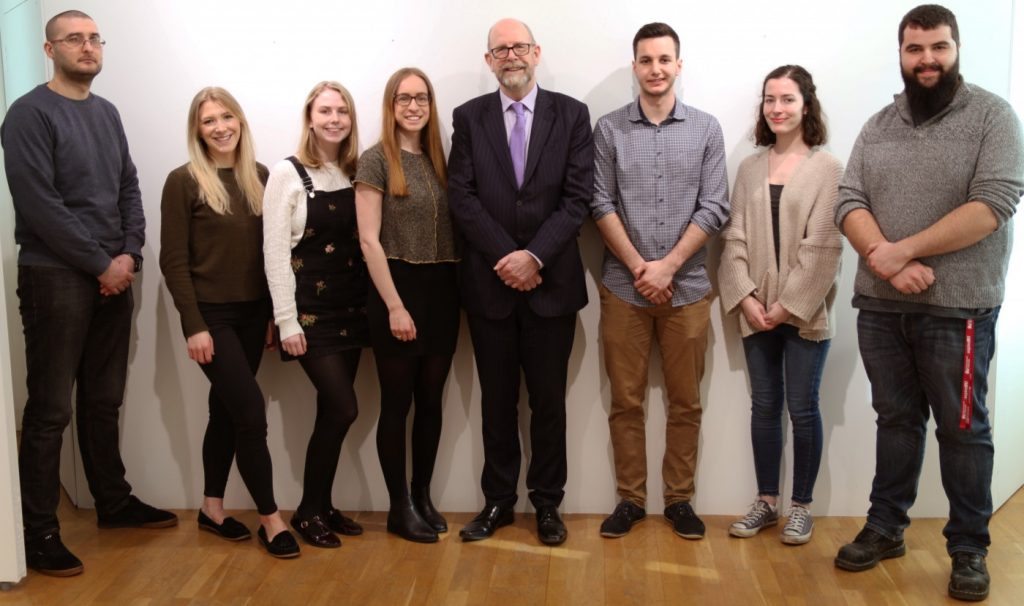


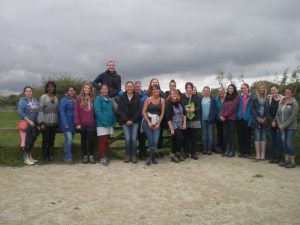
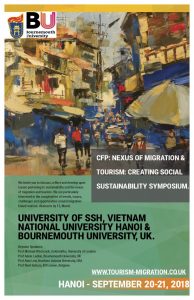





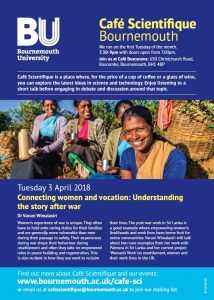
 ESRC will shortly be inviting applications of between £1 million and £2.5 million (at 100% fEC) to take forward an exciting research agenda in the area of
ESRC will shortly be inviting applications of between £1 million and £2.5 million (at 100% fEC) to take forward an exciting research agenda in the area of 










 Bournemouth University psychologists publish new book
Bournemouth University psychologists publish new book Connecting Research with Practice: FoodMAPP Secondment in Austria and France
Connecting Research with Practice: FoodMAPP Secondment in Austria and France Health promotion paper read 8,000 times
Health promotion paper read 8,000 times The Beautiful Work Challenge: On Birth
The Beautiful Work Challenge: On Birth Free event on Solutions to Inequalities in Dementia Diagnosis and Care
Free event on Solutions to Inequalities in Dementia Diagnosis and Care MSCA Postdoctoral Fellowships 2025 Call
MSCA Postdoctoral Fellowships 2025 Call ERC Advanced Grant 2025 Webinar
ERC Advanced Grant 2025 Webinar Horizon Europe Work Programme 2025 Published
Horizon Europe Work Programme 2025 Published Horizon Europe 2025 Work Programme pre-Published
Horizon Europe 2025 Work Programme pre-Published Update on UKRO services
Update on UKRO services European research project exploring use of ‘virtual twins’ to better manage metabolic associated fatty liver disease
European research project exploring use of ‘virtual twins’ to better manage metabolic associated fatty liver disease